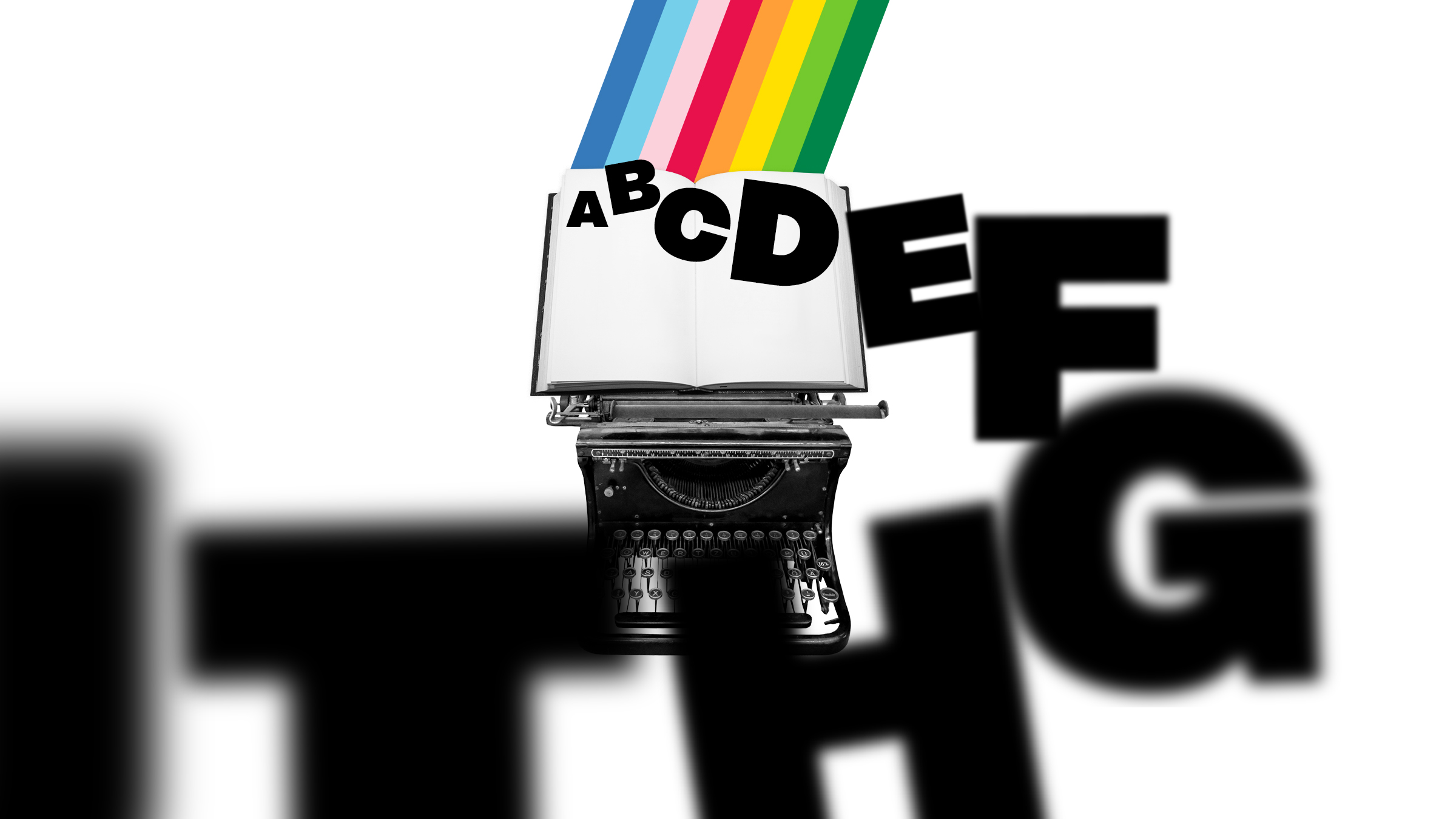Language plays an important part in how reality is built in the life of individuals as well as in society. The structure and vocabulary of our language shape our view of the world. It is therefore especially important to examine language and vocabulary and use them consistently in connection with new concepts.
Engaging in new ideas and phenomena is an essential part of Sitra’s work as the future-oriented think-and-do tank of all Finns. Already established concepts are often introduced in Finland with some delay and sometimes an entirely new Finnish word is required. For example, a Social Impact Bond is tulosperusteinen rahoitussopimus in Finnish and the circular economy is kiertotalous.
As terms become more established, it is significantly easier to understand ideas and concepts and have constructive discussions. The dictionary of future-related terms gathers together definitions for concepts used in Sitra’s future-oriented work in Finnish, Swedish and English. The definitions explain how we understand these concepts at Sitra. Other useful aids for solving linguistic problems are also available online, such as the New Dictionary of Modern Finnish maintained by the Institute for the Languages of Finland and the Helsinki Term Bank for the Arts and Sciences.
The aim is to serve people in future-oriented matters even better
The dictionary of future-related terms is also part of Sitra’s online concept, which is based on the research, analysis and planning work we do. When we decided to redesign Sitra’s online service a couple of years ago, we wanted to make it a service that would serve our audience in the best possible way.
When the online concept was at the planning stage, interviews were conducted with interest groups. The respondents’ main reasons for visiting Sitra’s website included looking for specific information or checking terms for presentations, training, speeches, texts, reports or preparation work, for acting as a presenter or for other similar reasons. The information was either quoted directly or modified. Some users said they also visited the website to develop their own thinking, to look for comprehensive background information on topical matters and openings on new phenomena. Several users said they visited the website to find terminology in English.
The dictionary of future-related terms responds to this need, helps in searching for information and enables people to understand the future even better. The definitions of the terms have also been embedded in topical texts as tooltip windows.
Sitra’s website, which gives Sitra’s work and interest groups a voice through a variety of media, was awarded as the best stakeholder media 2017 (article in Finnish) in the Oma Media competition organised by ProCom. We are constantly developing our online service to make shared work better and further improve people’s understanding of a fairer future.
During the first year, the redesigned www.sitra.fi had about one million visitors. We currently reach on average 125 thousand visitors every month.
